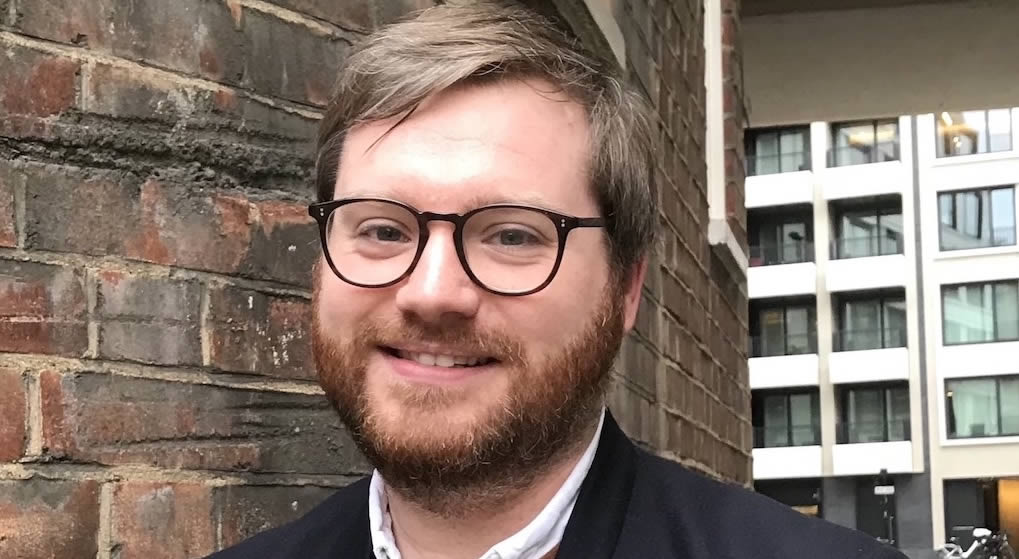It has been an exciting start to 2022, as we welcomed Tom Byrne to the team as Head of Stakeholder Engagement and Pre-Planning in February, allowing us to broaden the services we are able to provide clients to cover the full lifecycle of a place and a development.
Here, Tom discusses how pre-planning consultation has evolved over the last 2 years, and his cardinal rules for successful stakeholder engagement.
1. What has been your career highlight so far?
I’ve been fortunate to work on a number of high-profile sites of all sizes, from Garden Villages to large-scale mixed-use schemes. I worked with the team at Metropolitan Thames Valley Housing to bring forward the first successful Resident Ballot under the London Mayoral Funding Guidance. That experience demonstrated to me the importance of robust community engagement. Taking residents through the journey of design and key principles within the Landlord Offer, resulted in a 75% ‘Yes’ vote. A number of residents came along to the planning committee decision to lend their support, and LB Barnet unanimously voted in favour of the scheme. I’ve since gone on to support on a handful of Resident Ballot processes. My communications approach has always remained responsive to the differing priorities of the community.
2. When considering pre-planning consultation, what lessons have you learnt since the start of the pandemic?
Whilst many in the industry had already been exploring best practice online before the pandemic, enforced lockdowns accelerated of the use of these platforms. This meant that more teams were getting comfortable with these methods, and all sorts of solutions being utilised. Importantly, we saw a larger reach and a more diverse demographic of people engaging with developments, which has definitely benefited the schemes. With restrictions easing, we are now in a scenario where a truly hybrid approach is expected by Local Planning Authorities and communities alike, which should hopefully continue to see more open engagement and wider participation.
3. What are your cardinal rules for successful stakeholder engagement? What are the common mistakes?
Early engagement and dialogue is critical to making sure communities and influential voices are heard right from the outset. Often, teams have been undertaking discussions with the Local Planning Authority for some time, before any public engagement or consultation is considered. As such, it can seem as though the plans being brought forward are a fait accompli. The earlier the community, politicians and wider stakeholders are included in the process the better, in order to facilitate meaningful discussion. Being honest about what can or can’t be influenced, and never over promising any outcomes without fully understanding what is feasible, is important. Transparency goes a long way and whilst there are inevitably areas of the project that might be commercially sensitive, there is still a lot of input that can be provided by the community that will mean the plans that are determined by the Planning Committee are greatly improved from those that might have otherwise only been tabled with Officers.
4. How has the consultation process changed in-line with ESG concerns in recent years?
Whilst the Social Value Act will be ten this year, ESG in the Real Estate sector is a relatively new concept but it is starting to be talked about in a really exciting way. Good developers have often placed communities they are working in at the centre of their thinking, but have struggled to articulate all of the benefits a development provides for communities. The emphasis of Social Value in procurement is a good starting point, but it should be a pursuit of outcomes for communities and not just outputs in a report.
Much more partnership working, collaborative thinking and genuine consultation is required to truly understand the needs and challenges of the community, in order to best determine how the development and developer can provide realistic solutions. The pre-application consultation processes are forever adapting, but combining a solid foundation of research into an area alongside open dialogue is more important than ever.



